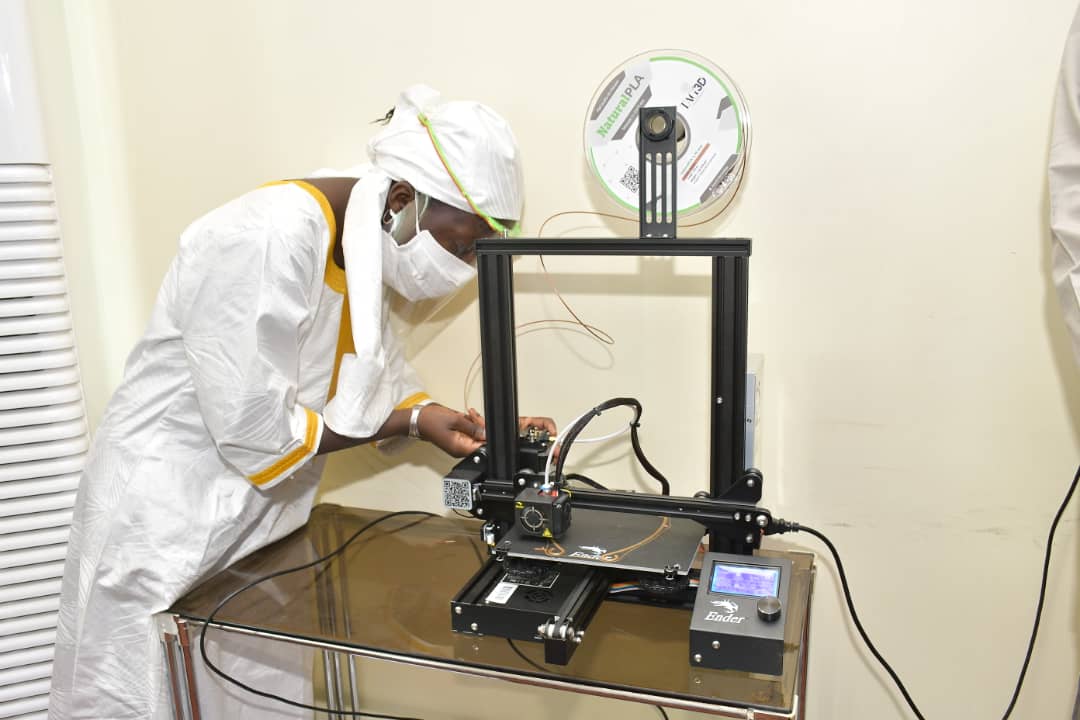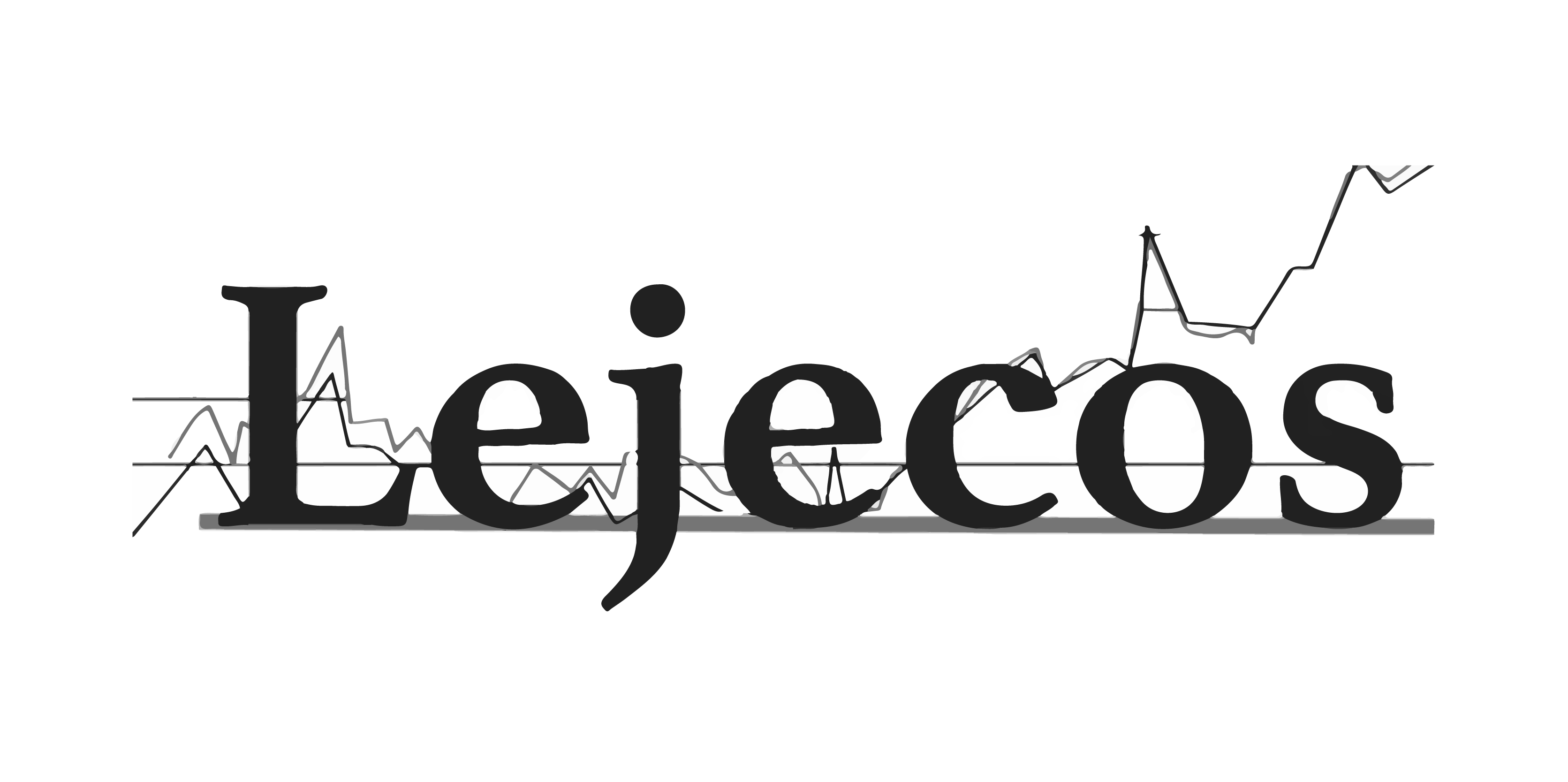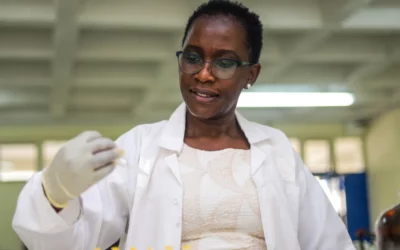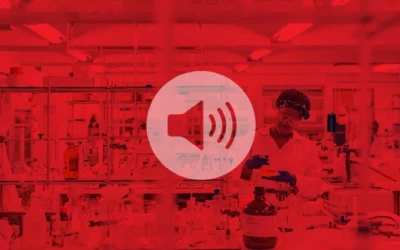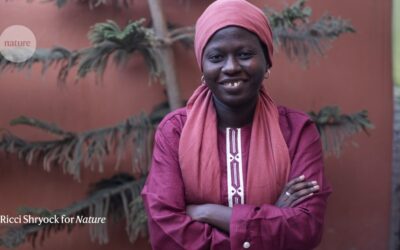By Adou Faye for lejecos.com
UNICEF and the Israeli Embassy in Senegal are partnering to support the local manufacture of 3D print visors to help equip and protect health workers in the response to Covid-19.
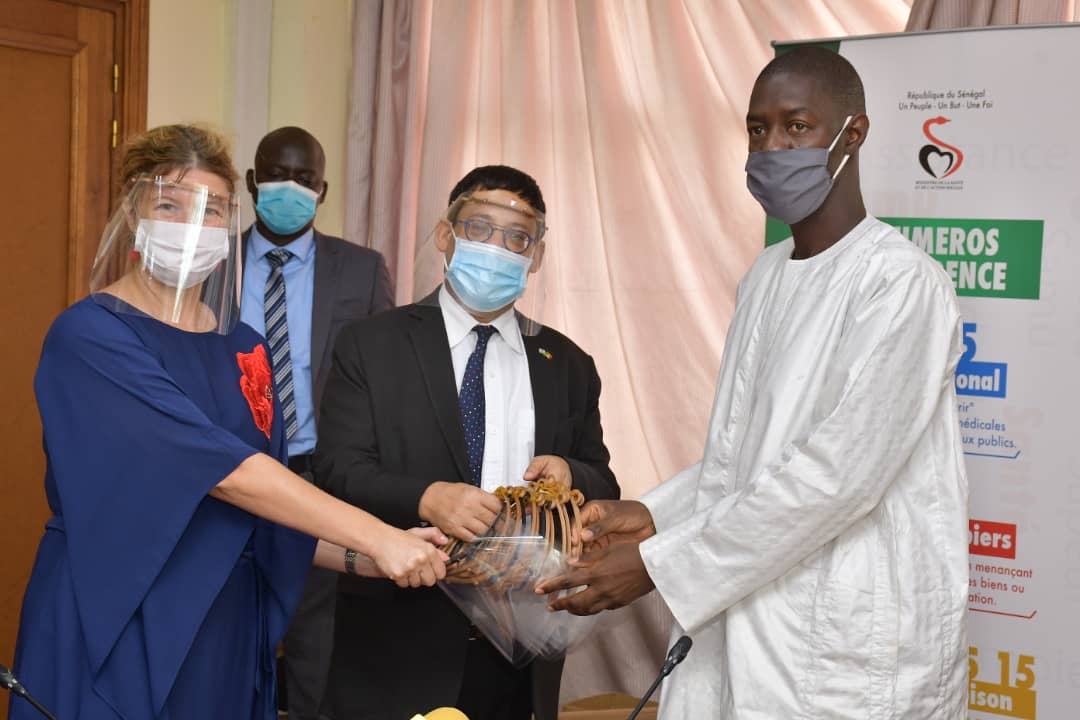
The United Nations Children’s Fund (UNICEF) and the Israeli Embassy in Senegal are supporting the local manufacture of visors for the protection of health workers involved in the implementation of the national response to the Covid-19 pandemic.
In collaboration with the SN3DCOVID19 Collective, Unicef and Israel are supporting this innovative approach to 3D printing of protective visors, by making available PLA filaments, the raw material necessary for the realization of these visors. It is a program that provides for the manufacture of a first batch of 20,000 copies to equip health workers and help with their protection that is implemented,” reads a press release.
SN3DCOVID19 is an initiative led by a collective of scientists, engineers, technicians, managers, civil society actors, and startuppers who manage this program and print the visors in his workshop. Launched in April 2020 to participate in the national momentum to fight Covid-19 in Senegal, this initiative aims to promote local prototyping and equipment manufacturing using 3D printing approaches, laser cutting and handicrafts in West Africa.
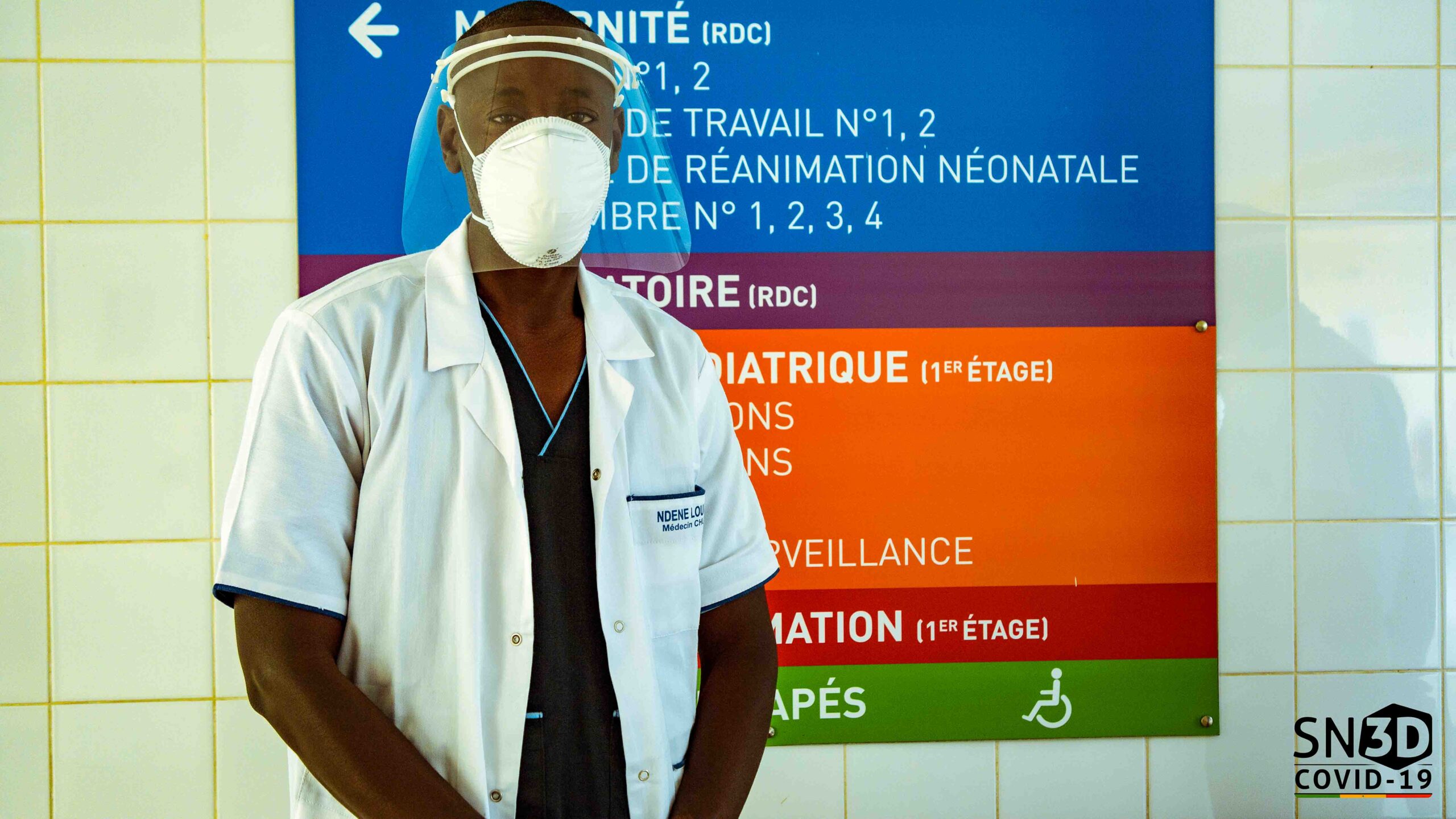
“UNICEF is pleased to partner with the Embassy of Israel and support the SN3DCOVID19 Collective in this important local visor manufacturing program. We are doing so at a time when the global supply chain is facing some tension due to high input demand. Local initiatives and innovations, especially by young people, must be encouraged in order to strengthen the protection of health workers in the face of Covid-19,” said Silvia Danailov, UNICEF representative.
A first batch of about 100 visors was given to the Ministry of Health and Social Action during a ceremony that served as a framework for a demonstration of printing by 3D technology by the Collective SN3DCOVID-19.
On the sidelines of the ceremony, the Representative of UNICEF and the Ambassador of Israel met with the Minister of Health and Social Action on strong cooperation in support of Covid response efforts and health programmes in general.
“I am pleased with this cooperation with UNICEF and the Ministry of Health and Social Action, as we are contributing to the fight against the pandemic, while joining highly qualified young Senegalese professionals with innovative ideas.”said Roï Rosenblit, Israel’s ambassador to Senegal.
For its part, UNICEF, which has already been strongly mobilized to support the national COVID-19 response plan since the beginning of the crisis, has increased the number of material deliveries accompanied by technical and financial assistance at both the central and decentralized levels. Several lots of hygiene equipment, hand washing devices, medical equipment, personal protective equipment, masks, etc. have been provided to health authorities for this purpose in addition to significant support for contingency plans developed by Regional Epidemic Management Committees.
UNICEF’s support, beyond the health response, has also been deployed for the benefit of MEN, notably as part of preparations for the reopening of schools with allocations for nearly 1,500 institutions, and the deployment of the MEN initiative “Apprendre à la Maison” including the very soon broadcast of a radio learning program, through the community radio network (URAC).
In the field of child protection, UNICEF works closely with the Departmental Committees for Child Protection (CDPE) to implement the program of the Ministry of Women, Family, Gender and Child Protection “zero children on the streets in a COVID-19 context”. This program to protect children from COVID-19 has already returned several children to their families.

